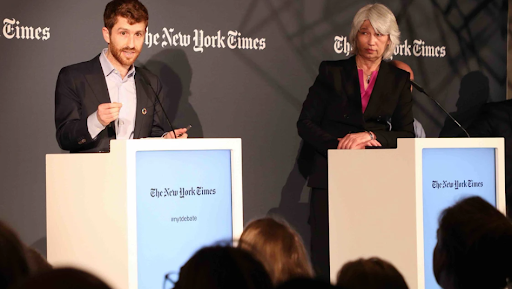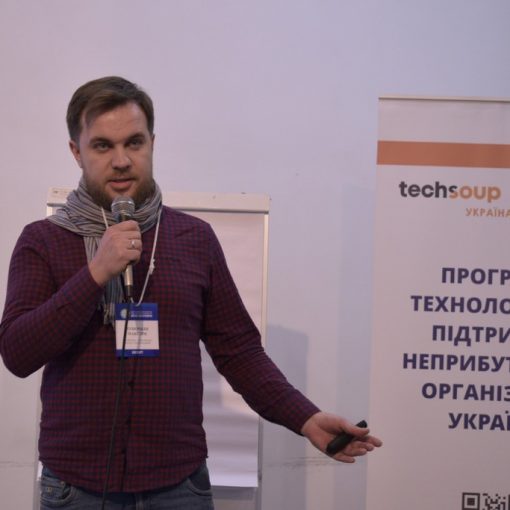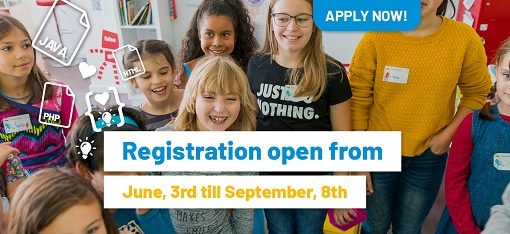22 січня 2020 року генеральна директорка глобальної мережі TechSoup Ребекка Масісак взяла участь у Всесвітньому економічному форумі в Давосі, аби представити думку громадянського суспільства щодо взаємодії уряду, корпорацій та третього сектору для захисті цифрових прав громадян. Ознайомитися з ключовими думками виступу та повним записом дискусії з регулювання питань діджиталізації ви можете нижче англійською мовою.

We have global, complex problems. They require global solutions that keep pace with the speed of technological innovation. Big Tech has the data and insights on a global set of consumers and unparalleled ability to innovate. We need Big Tech to be a motivated contributor to regulation rather than in opposition. They have a lot of lawyers, as well. An effective self-regulation model can achieve that.
First I want to say, while we debate whether we can trust Big Tech, it’s also worth asking, “Can we trust Governments?” Governments have agendas at times independent of what is best for citizens. And governments are not global where the problems are.
Many experts agree that government-led regulation can often backfire. Self-regulation is not blind trust, but rather a disciplined, multi-stakeholder approach that supports the interests of all parties and protects consumers. It is already a vital part of the global economy across industries like health care and nuclear power.
The best models of self-regulation involve business and government, balanced by the creation of a nonprofit, mutual benefit organization. Financial markets have benefited from self-regulation models, which were often put in place after very big crises. We need to learn from those lessons and urge Big Tech to act now.
We can trust Big Tech to self-regulate, with a model that engages a diverse set of global stakeholders – businesses, governments, and academia but also big tech’s employees and grassroots civil society. The several million employees in big tech across 50 countries have the potential to meaningfully influence Big Tech to self-regulate:
According to the 2019 Edelman Trust Index, employees trust their employer relationships as within their control. And two out of three employees expect that prospective employers will join them in taking action on societal issues.
Google’s employees helped convince the company to make a $1 billion investment in affordable housing and improve its workers’ rights and harassment policies. Millions of Big Tech employees could raise their voices on data privacy and disinformation.
The 250 million people working in civil society also hold great potential to influence Big Tech in a multi-stakeholder self-regulation model. These people are closest to vulnerable populations who stand to lose the most from ‘unintended consequences’ and who often experience the effects of tech-enabled crime and disinformation. They can make Big Tech and government smarter about the inequities that tech creates.
In the ‘elite’ parts of society, digital lives make it easy for us to be entertained and consume. In less developed places, digital access can mean otherwise unavailable medical care or resources when disaster strikes. Let’s challenge Big Tech. Big Tech CAN be trusted to self-regulate and must be trusted. There is a model that can protect the rights of digital citizens.
Full video of debate at The World Economic Forum: Big tech cannot be trusted to self-regulate




